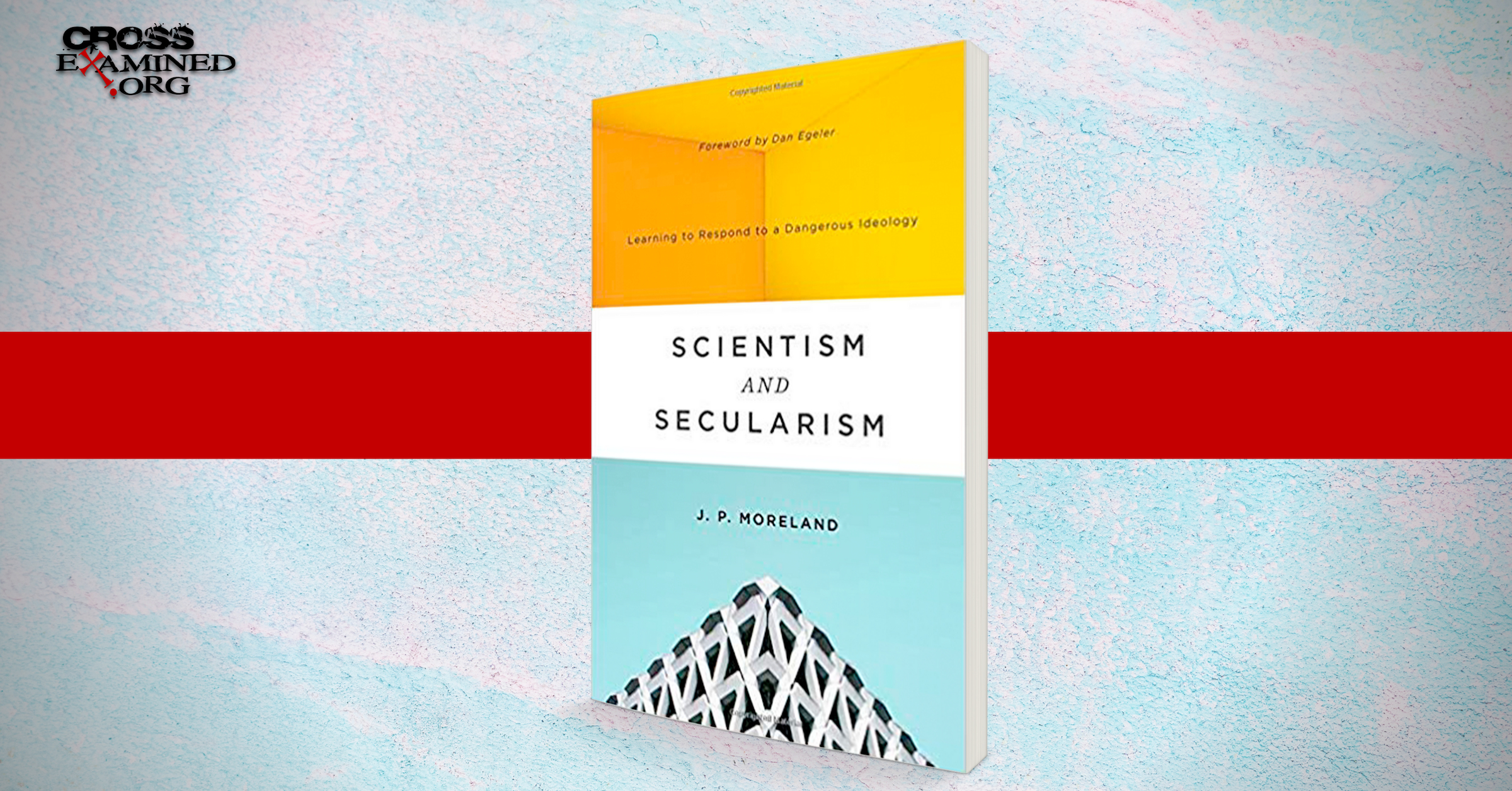J. P. Moreland is one of the most prominent Christian thinkers of our time, and I’ve been greatly impacted by his works, such as Love Your God With All Your Mind and Kingdom Triangle. In his latest popular-level work, Scientism and Secularism (Crossway, 2018), Moreland addresses one of the most dangerous ideologies facing our culture and church. But the true danger of scientism is not that is necessarily being argued for, it is simply assumed to be true. So Moreland’s task in this book is not just to refute scientism but to first expose it and how it has influenced society and Christianity.
But first, what is scientism? It “is the view that the hard sciences – like chemistry, biology, physics, and astronomy – provide the only genuine knowledge of reality” (26). Obviously, this would place theology outside the bounds of knowledge and leave religion to the realm of mere belief, feelings, and opinions. Thus, Moreland has quite the hill to climb.
Content
In the first three chapters, Moreland defines scientism and explains its influence on the church and the university. The following three explain the failings of scientism: how it is self-defeating, how it is the enemy of science, and how weak scientism – the belief that science is the best way to know truth – is no better than strong – the belief that science is the only way to know truth.
In chapter 7, Moreland discusses three areas that we all know internally or intuitively and that science cannot account for logic and math, our personal conscious states, and moral knowledge. In the case of logic and math, science cannot operate without them. I view chapter 8 as a bonus chapter that delves deeper into consciousness and neuroscience. Those interested in science will love it, and those who aren’t can skip it. But laypersons who wish to learn more about these topics will definitely need a few thorough reads through the chapter.
Chapter 9 explains the importance of philosophy in science, how it forms the foundation and framework by which proper science can be performed. This is another of the more challenging chapters, containing a lot of philosophical content and terminology. But since scientism is a philosophical assumption about the nature of truth, it is an extremely important chapter and should not be skipped. Moreland continues explaining the importance of philosophy in science in chapter 10, in which he provides examples for the authority and autonomy of philosophy.
The next three chapters deal with how we explain reality. Chapter 11 shows the difference between scientific and personal explanations and introduces the concept of methodological naturalism, the idea that “one must seek only natural causes/explanations for scientific data” (121). Then in the next two chapters, Moreland outlines the shortcomings of methodological naturalism. Chapter 12 is another critical chapter in that it discusses five things that theism can explain but science cannot: the origin of the universe; the origin of the laws of nature; the fine-tuning of the universe; the origin of consciousness; and the existence of moral, rational, and aesthetic laws. While this chapter is only a few pages long, every Christian should explore these topics more as they not only undercut scientism but are also powerful arguments for the existence of God. Chapter 13 discusses two competing Christian views to the origin of life, Intelligent Design, and Theistic Evolution, which are also important topics that require further study.
The final two chapters discuss integrating science and Christianity, explaining why it is important and offering five ways to do it.
Assessment
This is a critical book for the Christian as scientism is possibly the number one enemy facing the church today. As the belief that science is the only way to know truth becomes more widespread, the claims of Christianity simply cannot be taken seriously by society.
Depending on your prior knowledge, this may be a challenging read – not because of Moreland’s writing style but by the nature of the content. Moreland himself urges the reader to read it again in the book’s epilogue, and it may require multiple thorough reads to fully grasp. Thankfully, the book is only around 200 pages in length, and it includes plenty of footnotes and a selected bibliography for further study, as well as a glossary since technical vocabulary cannot be avoided.
Pretty much everything Moreland writes is a must-read, and Scientism and Secularism is no different. Every Christian is going to encounter scientism of some form, and so we all must be on our guard to defend against it. J. P. Moreland has provided us another valuable resource in our ongoing struggle with a secular culture.
Original Blog Source: http://bit.ly/2DTflz1


















Facebook Comments